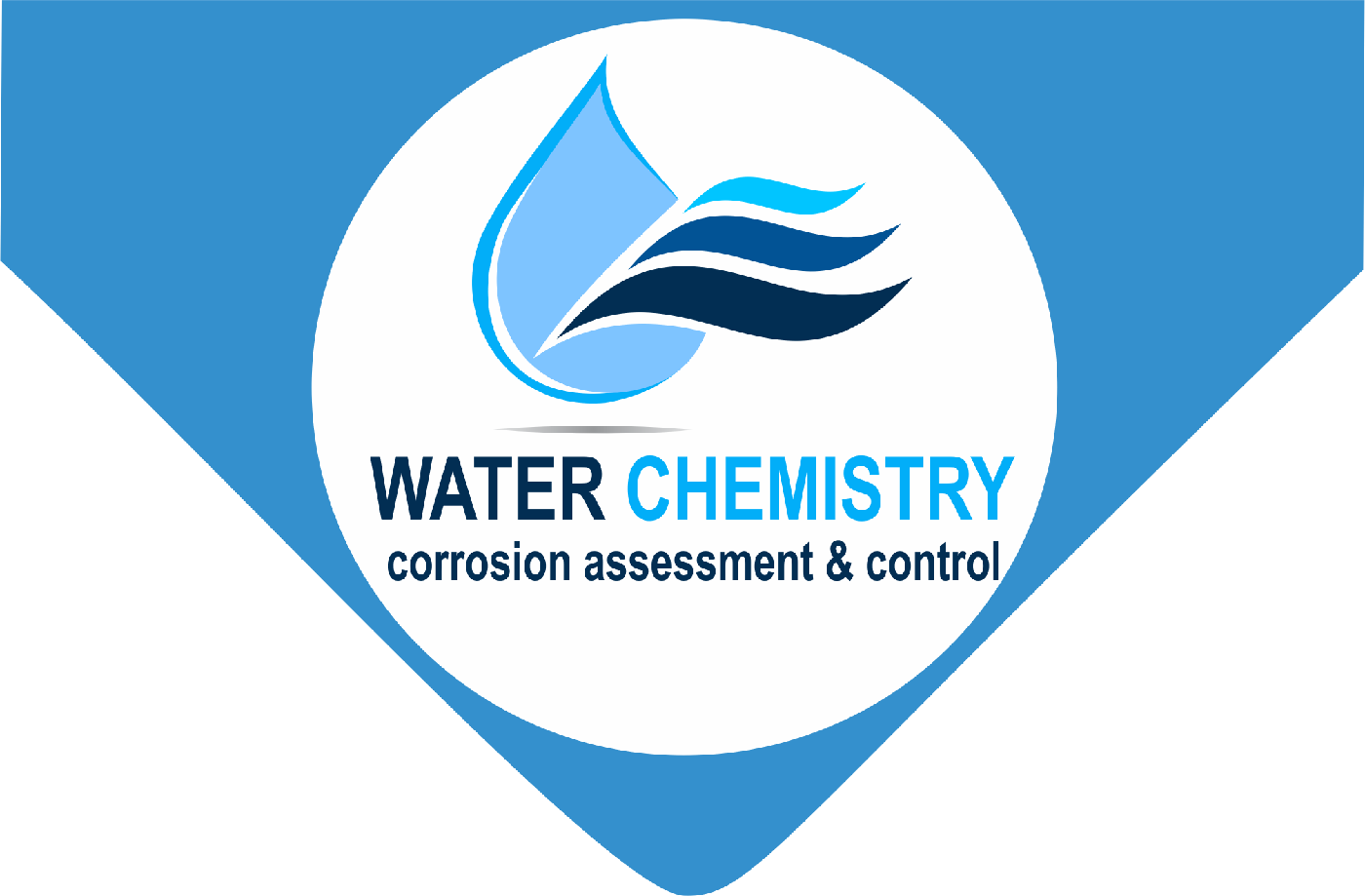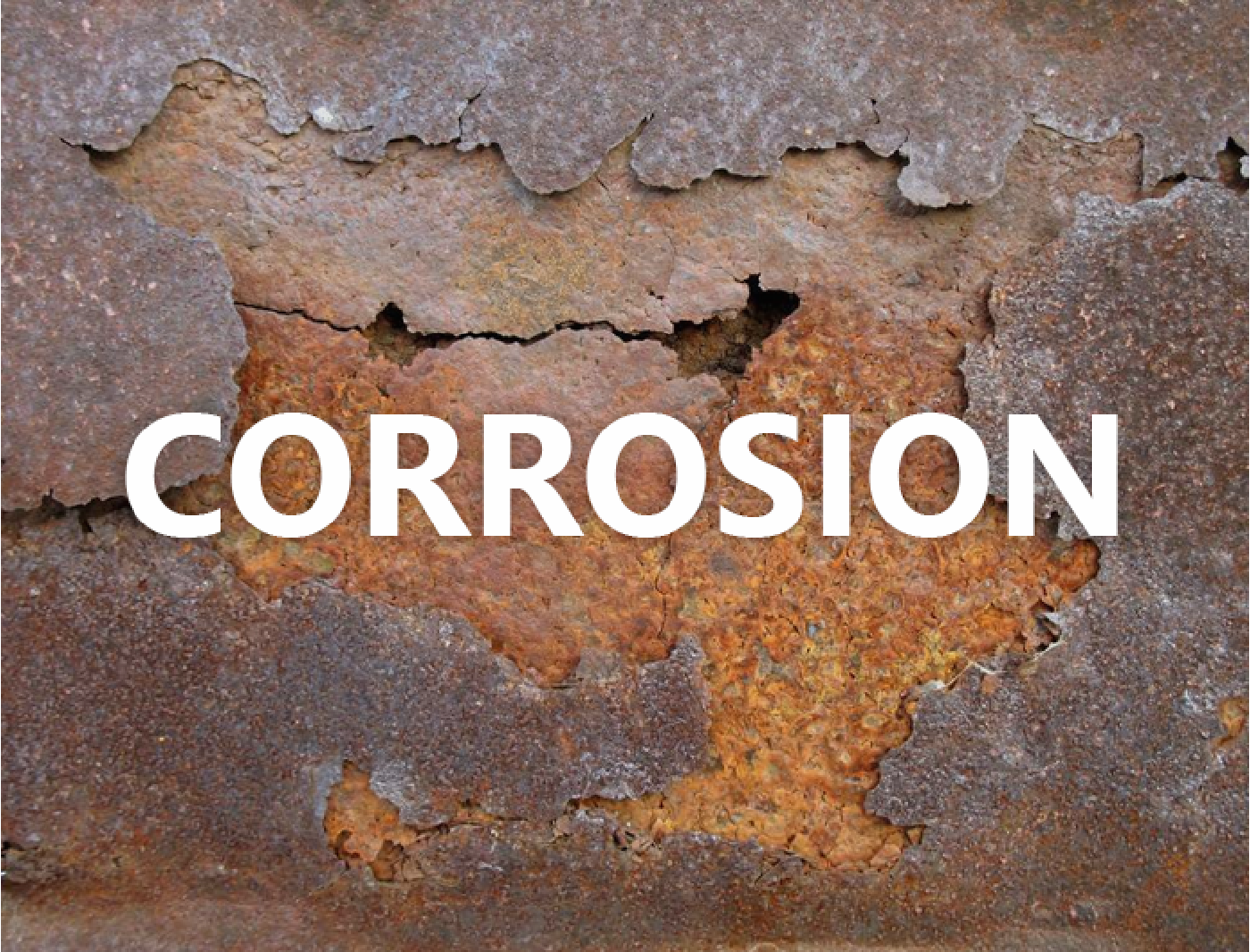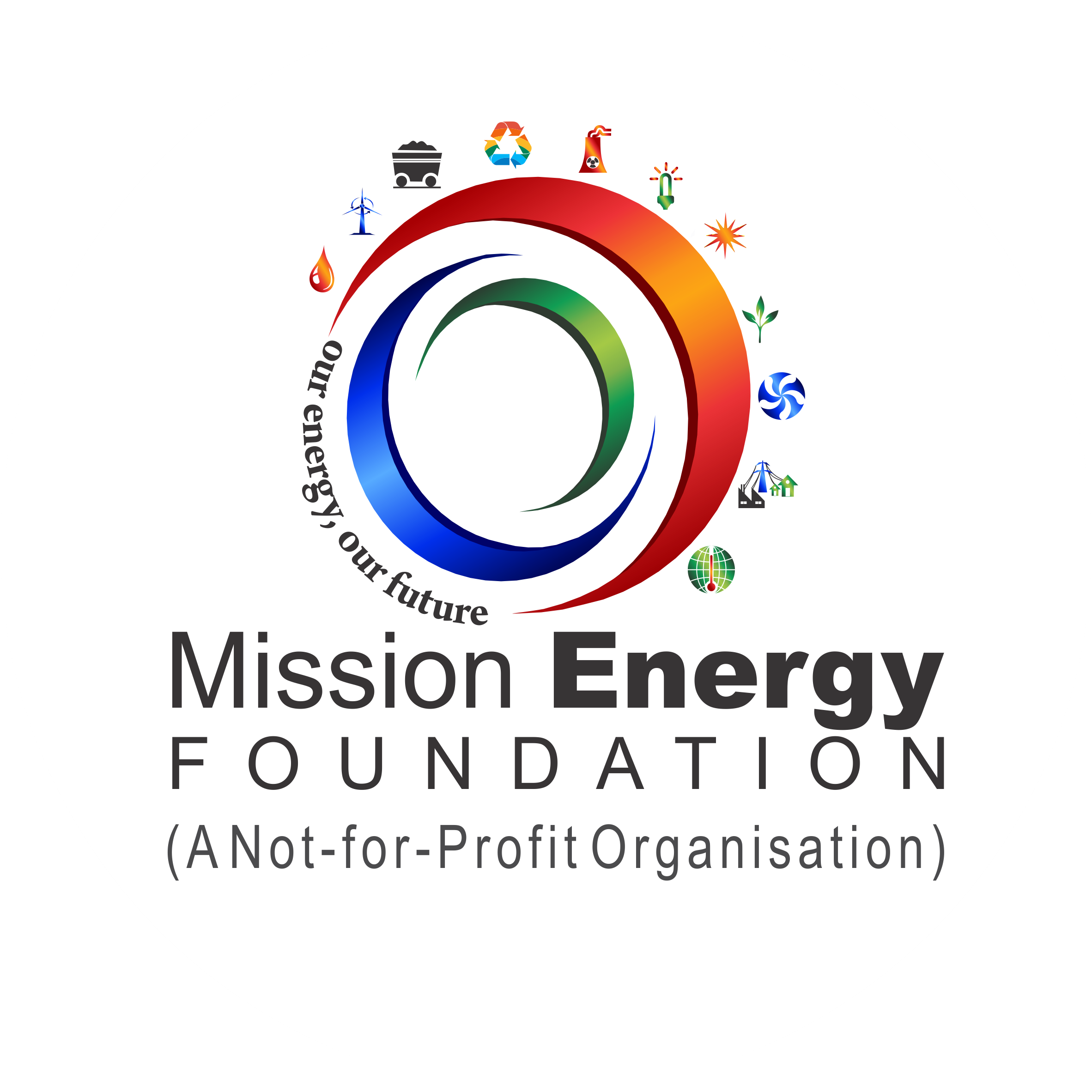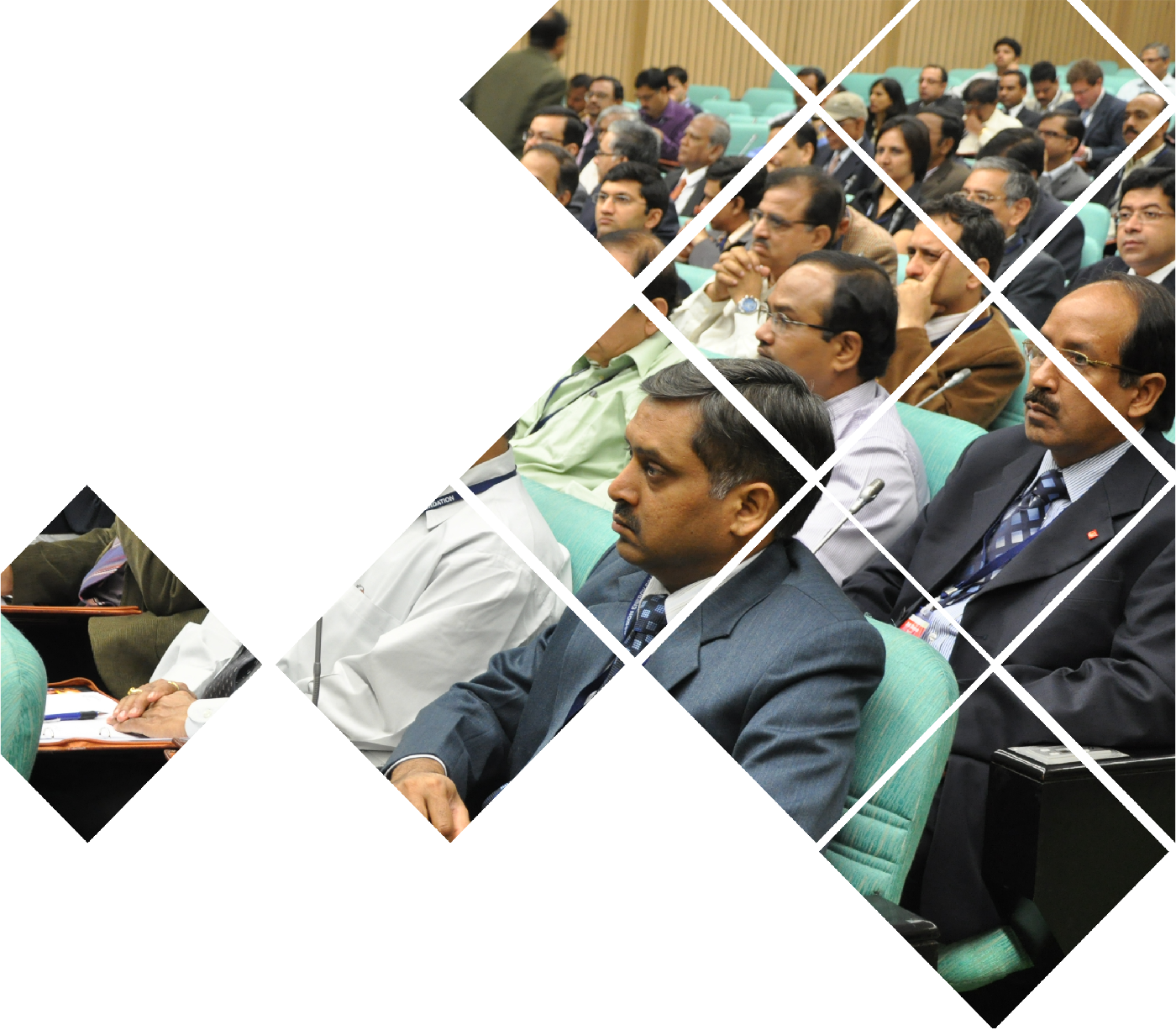Mission Energy Foundation is a persistent, private, not-for-profit endeavour based in Mumbai, India. We are registered under sec 25 (1), 80G & 12AA respectively.


Corrosion is a fact of nature – and an expensive one. We, Mission Energy Foundation, a not-for-profit authority in the energy space estimate that India loses around $70 billion or equivalent to 4 per cent of its gross domestic product (GDP) to corrosion.
Coal is a complex and relatively dirty fuel that contains varying amounts of sulfur and a substantial fraction of non-combustible mineral constituents, commonly called ash. Corrosion of metallic and ceramic structural materials is a potential problem at elevated temperatures in the presence of complex gas environments and coal derived solid/liquid deposits. Hot corrosion and erosion are recognized as serious problems in coal based power generation plants in India. The coal used in Indian power stations has large amounts of ash (about 35 - 50%) which contain abrasive mineral species such as hard quartz (up to 15%) which increase the erosion propensity of coal. Hot corrosion and erosion in boilers and related components are responsible for huge losses, both direct and indirect, in power generation. An understanding of these problems and thus to develop suitable protective system is essential for maximizing the utilization of such components.
A number of factors have renewed interest in both low- and high temperature corrosion in power generation equipment including traditional coal-fired boilers, gas-fired boilers, natural gas-fired combined-cycle plants, heat recovery steam generators, geothermal plants, environmental control systems, water treatment systems, aging transmission and distribution infrastructure, and new novel power cycles.
The two day workshop “Water Chemistry” is intended to promote a robust exchange of information on the latest research between engineers and scientists on an international scale. Learning and practical experiences shall be shared during the two extensive days of this certified workshop.
GENERATORS - Maintain low humidity levels of 35 percent or lower using a closed-loop system.
PIPES - Install insulation with a jacket or protective coating, replace pipes with more resistant materials or improve the piping design so it has better flow geometries.
WATER CHEMISTRY CHANGES - When chemicals or organic agents in the water (e.g., anaerobic bacteria) lead to corrosion, a water-conditioning agent may be helpful. Replacing steel components with composite lines may also be effective, particularly in nuclear plants.
TURBINES - Seal openings as tightly as possible.
CONTROLLING WATER & STEAM - Use drains or vacuums to prevent water pooling. Dehumidifiers are good for air that passes through a turbine, drying pockets of water and reducing relative humidity (rH) levels. Oil-fired boilers: Use an open system and a dehumidifier to dry the air to 20 percent rH after shutting down a boiler.
PROTECTIVE COATING - Use protective coatings on components exposed to water, the outside environment, or in areas that may experience condensation or moisture. Protective coatings or surfaces are also helpful for preventing erosion-related wear.
COOLING STACKS - Install a windshield or protective liner to prevent chemical attacks and thermal shock.
INSPECTIONS - Regularly inspect and test components that are at risk for corrosion, even if they have protective surfaces. Such components include turbines, ducts, pipes, welded areas, areas with demineralise water and scrubber modules.
• Reduced life of components
• Reduced efficiency of equipment
• Reduced availability of plant equipment
• Reduced reliability of equipment & structures
• Endanger to life of people around
• Enhanced maintenance
• Contaminations in process fluids
• Secondary failures in other associated equipment
• Higher costs of generation

“Bring best practices for reducing costs associated corrosion, train engineers who take care of corrosion with marginal impact”
• Learn Corrosion issues in Power Plants
• Conceptualize Corrosion Processes and its Control
• Study various Power Plant Treatment Processes and its Importance
• Familiarize with Principles of Cooling Water Treatments
• Experience Sharing on Real Life Problems of Corrosion & Control
• Conceptualize Water and Water/Waste Water Management

Day 1
Introduction
Role of Chemistry in power plants
Fundamental Chemical Terminology
Characteristics of waters used in power plants- River, Borewell, Canals, seawater, treated waste Water
Pre-treatment of boiler water
Conventional- Clarification, Filteration, DM Plant Introduction to New Treatment Technologies- Membrane filtrations, RO, Desalination, EDI, Water, Steam quality requirements, etc.
Boiler Water Treatment
Cooling Water Treatments
Pre- and Post- Operational Chemical Cleaning Power Plant Equipment (Boilers, Condensers, Pipelines, CT Fills)Waste Water Treatment & Management
Introduction to Water & Waste Water, Treatment and Management, including concepts of Water audit & Balance and Recycling
Day 2
Basics of Corrosion & its Control
Introduction to Corrosion
Atmospheric Corrosion
Soil Corrosion
Flow Accelerated Corrosion
Basics of Corrosion Control
Corrosion Control
Corrosion in Boilers & HRSGs including Acid Dew
Point Corrosion in HRSGs
Preservation of boilers and CW Systems
Corrosion Control by Cathodic Protection Corrosion of Boilers & Auxiliary
Cases of Corrosion in Power plants
Corrosion of Condensers, Turbines, Structures
Corrosion Induced damages to RCC structures
Interactive session on specific problems of the participantsConcluding Session & Certificate DistributionWorkshop Venues
Vivanta by Taj – Dwarka
Sector 21 Metro Station Complex, Dwarka, New Delhi
Ph: +91 11 66003000
Hotel Hilton
Sahar Airport Road, Andheri (East), Mumbai
Phone: +91 22 2838 0000
Hotel Hilton
124/1, J.N. Salai, Guindy, Chennai
Phone: +91 44 22255700
Mission Energy Foundation is a persistent, private, not-for-profit endeavour based in Mumbai, India. We are registered under sec 25 (1), 80G & 12AA respectively.
Mission Energy Foundation is a micro-enterprise initiative that strives to spread knowledge in the globalising energy sector. We educate and spread technology awareness through ongoing contacts and discussions with the public and industry concerning what the future of the growing energy sector should be...

A single man army with its mission to build platforms of discussion, exchange knowledge among industry professionals on core issues pertaining to growing energy sector.
A human asset working together as one endeavour that expertise in organising and delivering successful international summits involving who's who from Entrepreneurs to Academicians to Government Authorities to Technology Providers to Consultants to Industry Professionals from the growing energy sector globally.
Throughout the last 8 years Mission Energy Foundation have delivered successful platforms of knowledge dissemination gathering who's who from Entrepreneurs to Academicians to Government Authorities to Technology Providers to Consultants to Industry Professionals from the growing energy sector globally. To view the extensive list of participants click below

Past EVENTS...
To participate as DELEGATE fill and submit online form from the links below.
We will email you an invoice along with necessary required documents for processing the payment. The original invoice shall be sent to your postal address.
Make online payment via our secured payment gateway using your credit card or NEFT or send Cheque / DD to our postal address.